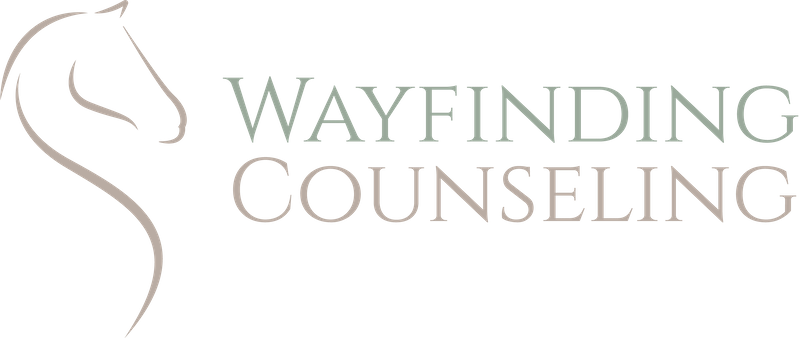As our mask orders begin to lift across the country, and the hope that we, as a country, might be able to return to a sense of normalcy, I am actually bracing for what is around the corner.
Eighteen months of physical separation and social distancing have taken their toll on the collective psyche. The feelings of desperation, anxiety, and isolation are not going to dissipate without conscious effort and work.
The pandemic may be subsiding but the fallout is just beginning.
Like you, I am not immune to fear. My worry, my agitation, my irrational thoughts catch me at unusual times. Just when I least expect it—I’ve fallen prey to its power.
It is not uncommon or unexpected that when we experience prolonged duress, our minds and bodies continue to react as if we are still under attack. That feeling of constant unsettledness remains, long after the initial traumatic event has subsided.
Our ancient reactive systems are doing their jobs. Always on guard; watching, tracking, ever-vigilant, constantly aware of potential threats. These are tried and true reactions for us.
According to the Substance Abuse and Mental Health Services Administration (SAMSHA) article on ongoing emotional distress, “most stress symptoms are temporary and will resolve on their own in a fairly short amount of time. However, for some people…these symptoms may last for weeks or even months and may influence their relationships with families and friends.”
In this case, the ongoing emotional distress is a reality for everyone. Trauma and suffering don’t discriminate. It is part of being human. It is both a micro and macro event, an individual and collective experience.
Common warning signs of emotional distress include:
- Eating or sleeping too much or too little
- Pulling away from people and things
- Having low or no energy
- Having unexplained aches and pains, such as constant stomach aches or headaches
- Feeling helpless or hopeless
- Excessive smoking, drinking, or using drugs, including prescription medications
- Worrying a lot of the time; feeling guilty but not sure why
- Thinking of hurting or killing yourself or someone else
- Having difficulty readjusting to home or work life
This list sounds eerily familiar to our reality for the last eighteen months, right?
Now imagine what this is like for the first responder. For many of these caregiving professionals the pandemic fallout is at a point of no return. Often overwhelmed by the sheer magnitude of responsibility and immediate task of the crisis response and recovery at hand, care workers, physicians, nurses, and the like, are brought to their knees.
An article published by researchers at the University of Turin, Italy say, “trauma-related stress, particularly among women, nurses, frontline workers, and workers who experience physical symptoms,…has a prevalence ranging from 7.4 to 35%”
See what SAMSHA has to say about adults impacted by disaster.
- Crying spells or bursts of anger
- Difficulty eating
- Losing interest in daily activities
- Increasing physical distress symptoms such as headaches or stomach pains
- Fatigue
- Feeling guilty, helpless, or hopeless
- Avoiding family and friends
Within the industry, healthcare providers are often the last to seek help for work-related stress. Think about it. These individuals have given up a decade or more to train and become experts in their chosen specialty. They’ve sacrificed their safety and security to protect and care for others, bearing witness to thousands of calamities, every single day. Over time, the load becomes too much.
The AMA reports that male physician suicide is close to double the national average. That number jumps to 250% when you are addressing the female physician suicide crisis. Then there are the thousands of professionals who support them like nurses, hospital teams, etc. Riddled with exhaustion, overwhelm, and uncertainty. I personally don’t know how to repay them for their service.
Experts in the mental, behavioral and healthcare fields have seen the writing on the wall for some time, and yet, exhausted by the present day demands, are now playing catch-up.
We, in the mental health world, have watched with bated breath, trying to prepare for this tidal wave. Conversations amongst our clients, friends, and family, are often full of fear. We caution and promote the practice of self-care. We remind those who offer aid to attend to themselves first before helping others to avoid the trappings of compassion fatigue, burnout, and mental health overwhelm.
A recent meta study published in January 2021 by the University of Sheffield, United Kingdom, indicates that “healthcare workers (HCW) distress can persist for up to 3 years after an outbreak,” long after the event has passed.
Adding insult to injury, like the Italian researchers noted, it is the “female nurses, who experience stigma and who have maladaptive coping skills…are at greater risk for psychological distress…” According to this Healthcare Reporter article, “female nurses were found to be roughly 70% more likely to die by suicide than female doctors.”
Warnings signs of stress in responders and recovery workers may include:
- Experiencing a rapid heart rate, palpitations, muscle tensions, headaches, and tremors
- Feeling fear or terror in life-threatening situations or perceived danger, as well as anger and frustration
- Being disoriented or confused, having difficulty solving problems, and making decisions
- Engaging in problematic or risky behaviors, such as taking unnecessary risks, failing to use personal protective equipment, or refusing to follow orders or leave the scene
- Becoming irritable or hostile in social situations, resorting to blaming, and failing to support teammates
At least the community is taking pause. I was happy to see a recent post from the Greater Good Science Center University of California, Berkeley, a gratitude course specifically targeted to nurses. I’ve included a direct link to the course below.
First responders and recovery workers are not alone. The emotional distress is real for all. In 2020, who hasn’t experienced:
- Prolonged separation from loved ones
- Perceived or real life-or-death situations
- If in the military, extended deployments that caused disruptions in home or work life
- If in healthcare, extended periods of on-call time, separation from loved ones, disruption to home life; living in a state of limbo & monotony
- Vicarious trauma from having witnessed or been exposed in some way to difficult stories of survival or loss
Let’s not forget or disregard the ire and societal unrest we’ve witnessed and/or experienced in 2020. Our ability to filter, assess, and organize what is perceived or real, comes into question when under duress.
Our bodies become hijacked by the amygdala’s fear response, disengaging our thinking minds from our reactionary minds. When you find yourself in a state of alarm, and want to get back to a state of calm, the tried and tested response is to pause and breath. This article on ways to manage stress are very helpful.
Learning how to master your breath is the salve to most ailments. Awareness, presence, compassion, and gratitude—the pillars of mindfulness—are the stress-relieving tools available to us, today and always.
As we re-enter the world, please take care. Be gentle with yourself and others. Show compassion towards your fellow man. This is new territory. We may not know how to read the map’s legend to decipher our next steps, but remember, all journey’s begin from within.
For those of us who run towards danger, we thank you for your service. Your sacrifices to care and heal the many; your united effort, speed, and singular focus to develop a vaccine solution for the world, are not unnoticed or unappreciated. Your efforts are a magnificent example of grit, determination, innovation, and vision.
I’ll leave you with this thought: pre-Covid, our lives felt within our control. Post-Covid, we woke up to find that control is an illusion. To train-up our skills for this new terrain; strengthening our personal toolkit for flourishing requires a world-wide software update. Self-awareness, self- efficacy and esteem, build confidence, which are the foundational bytes necessary to operate any healthy human system in today’s evolving world order.
Remember, you must put your oxygen mask on before helping others. Breathing deeply and trusting that life’s hand is there to catch you, is a joint effort between you and your inner environment. It is maintaining the optimistic belief that all can and will be right in the world again.
If you are a healthcare provider and/or worker who is struggling, there are a few mental health apps available, specifically designed for you:
- Responder Strong
- The All Clear Foundation:
- Canada’s Espri by Telus Health
- ThriveGlobal
- Gratitude Course For Nurses
If you are amongst the millions who are struggling with depression, isolation, anxiety, and pandemic malaise, these apps are great mental health resources:
Always In-Service,
Amity Cooper
Founder, Clinical Career Collective| Entrepreneur| In-Service, Clinical Brand Strategist| Summit Host









